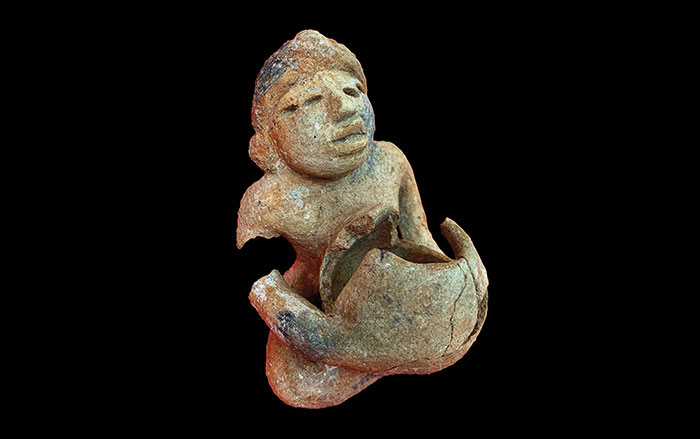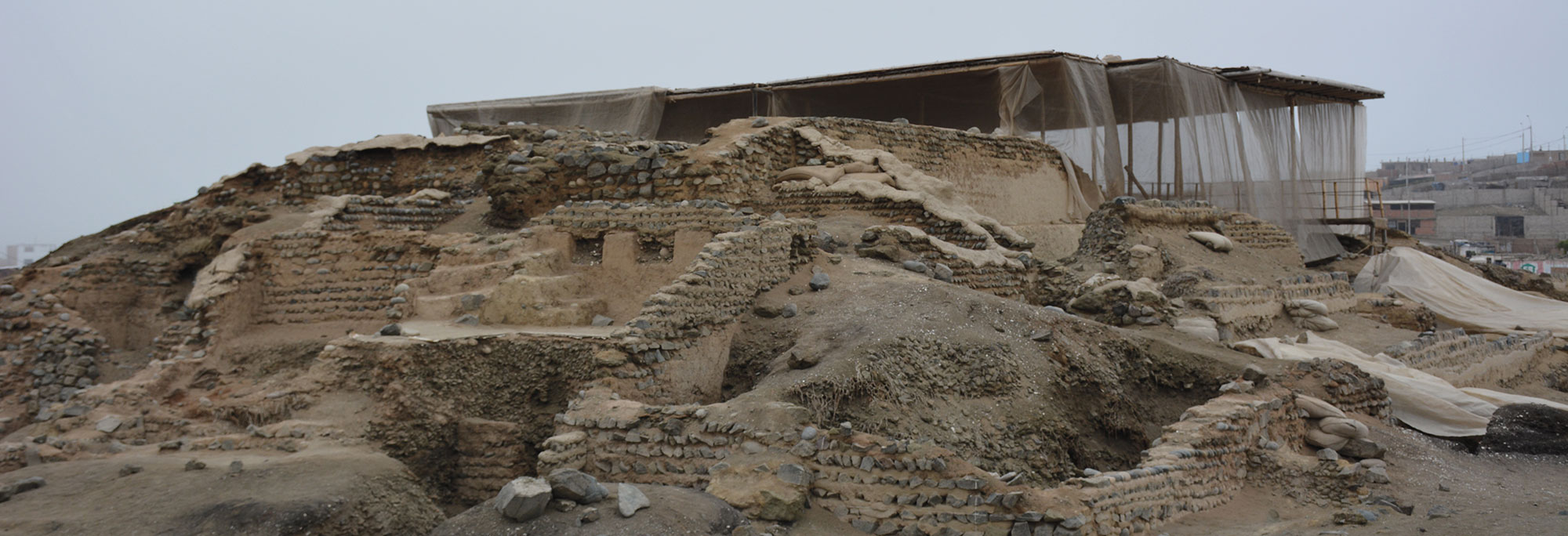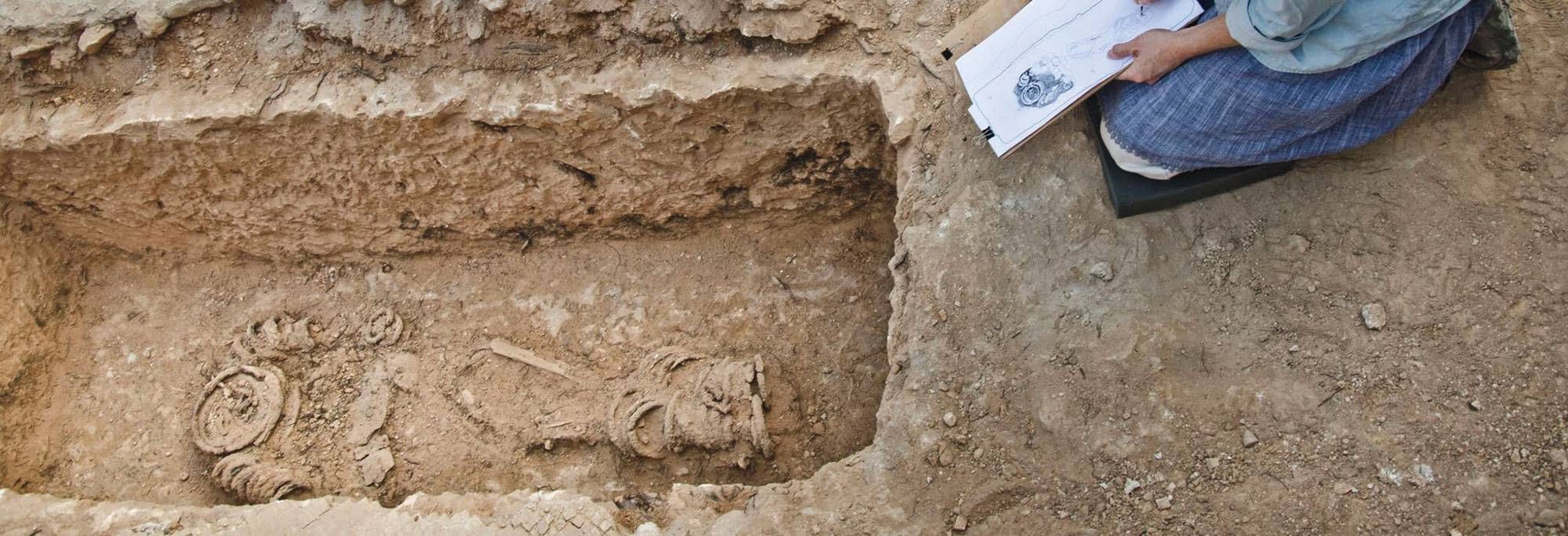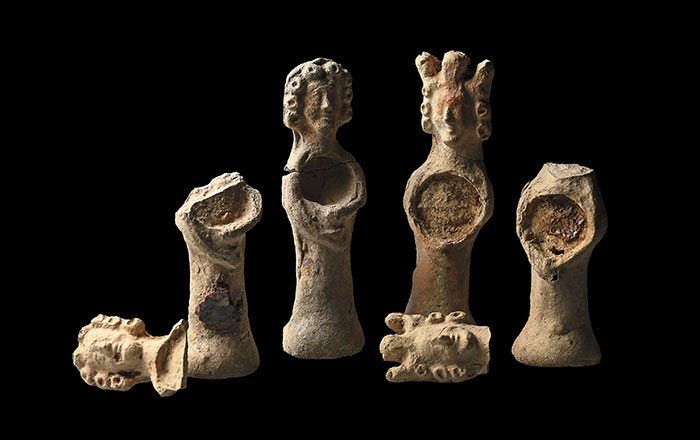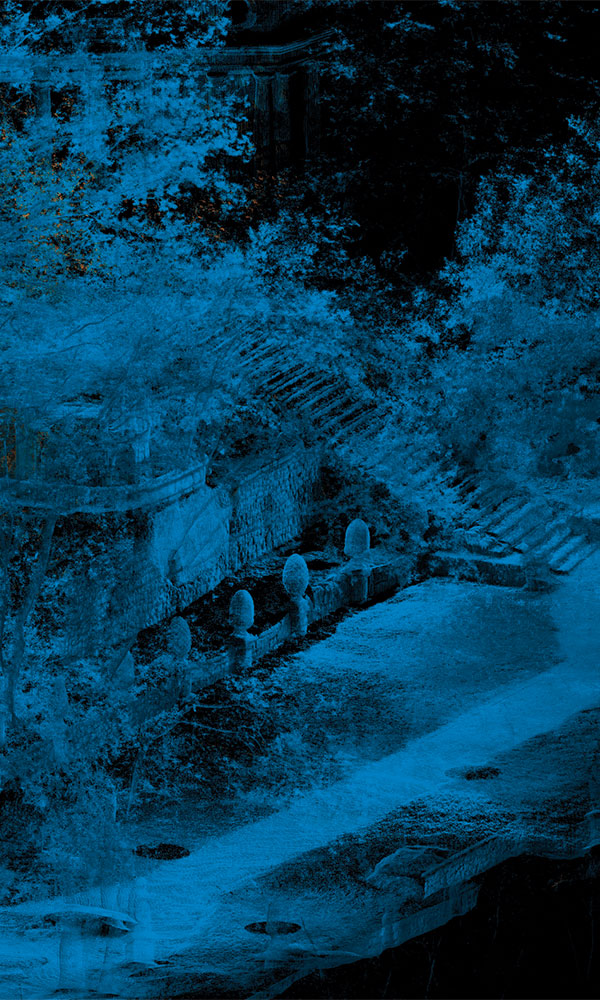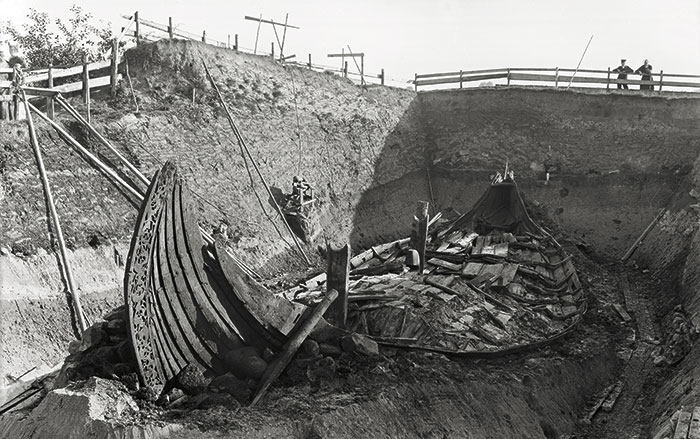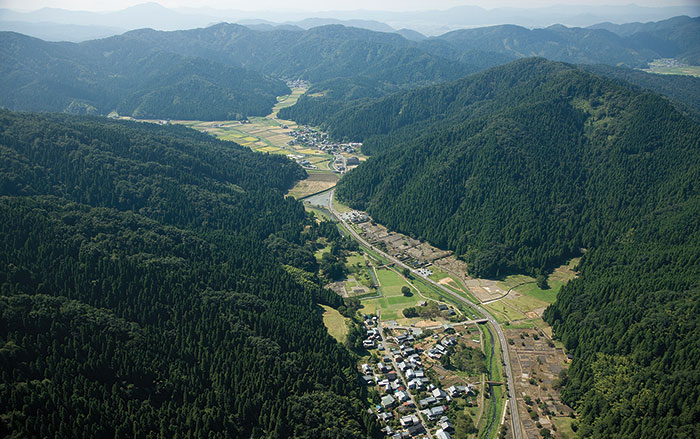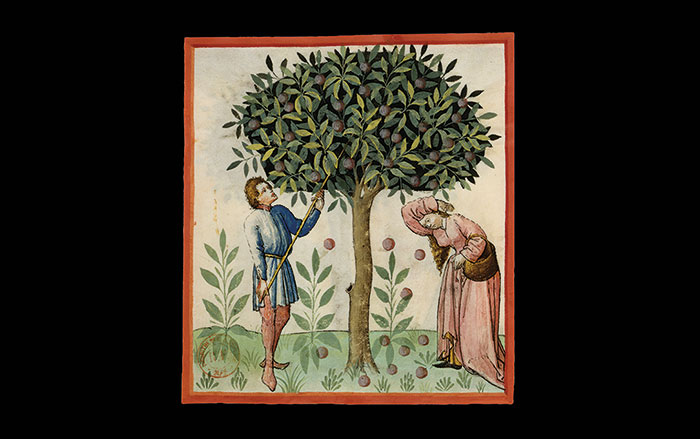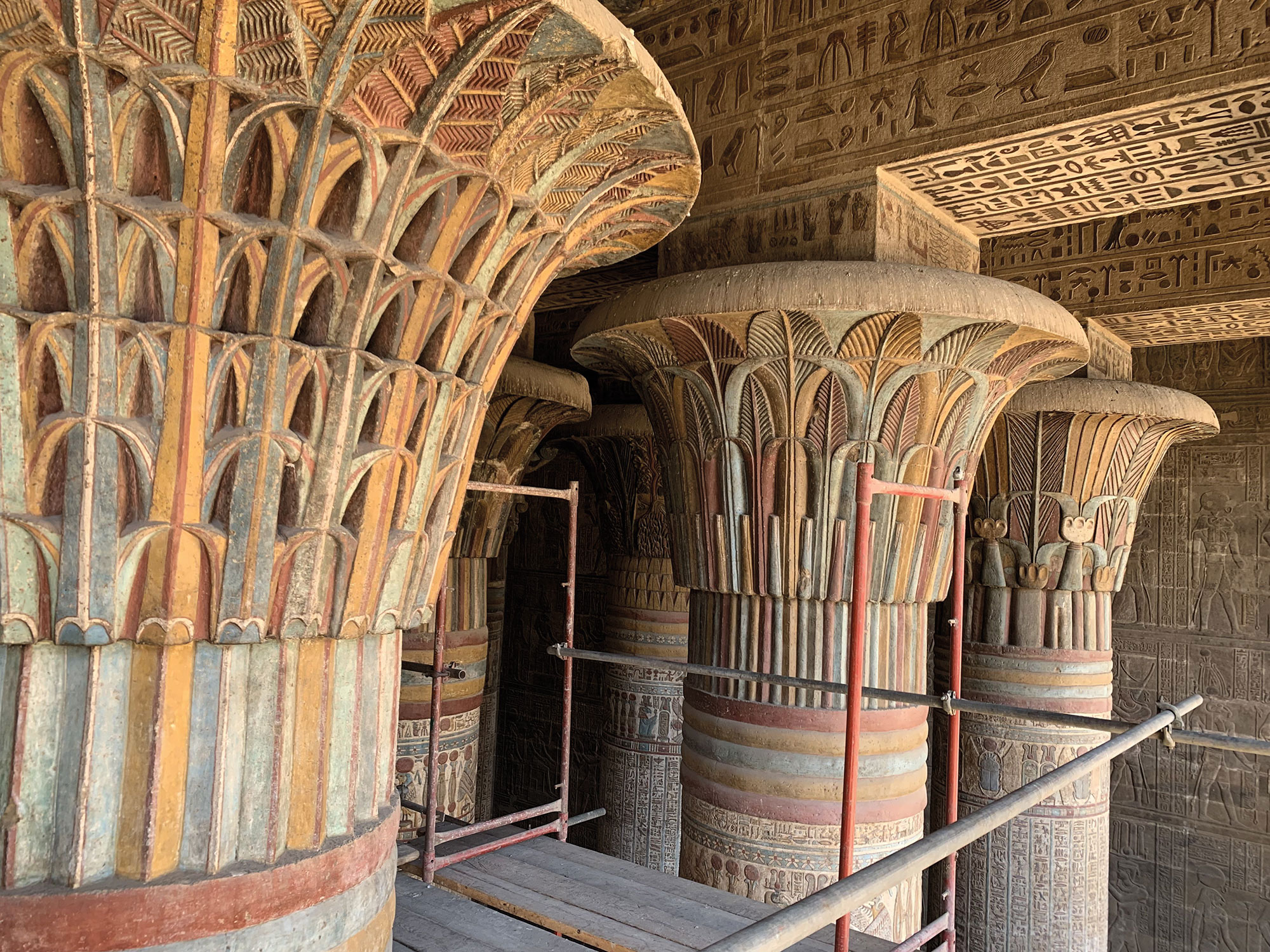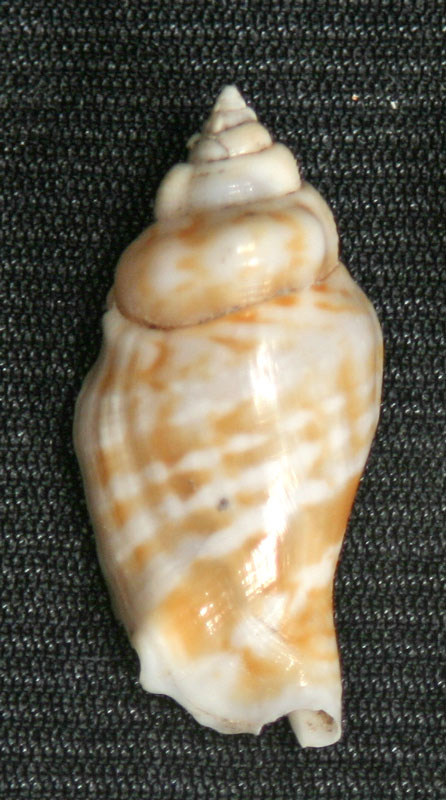
PALAU: When humans hunt or harvest an animal, individuals of that species often get smaller. Think of a heavily fished lake—few fish survive to grow to full size. Human presence might have had the opposite effect on the humped conch, a small sea snail that has been eaten for thousands of years. As human population has grown, the average size of the conchs has—in defiance of conventional wisdom—crept upward. This might be caused by human activity and agriculture adding nutrients to the water.


